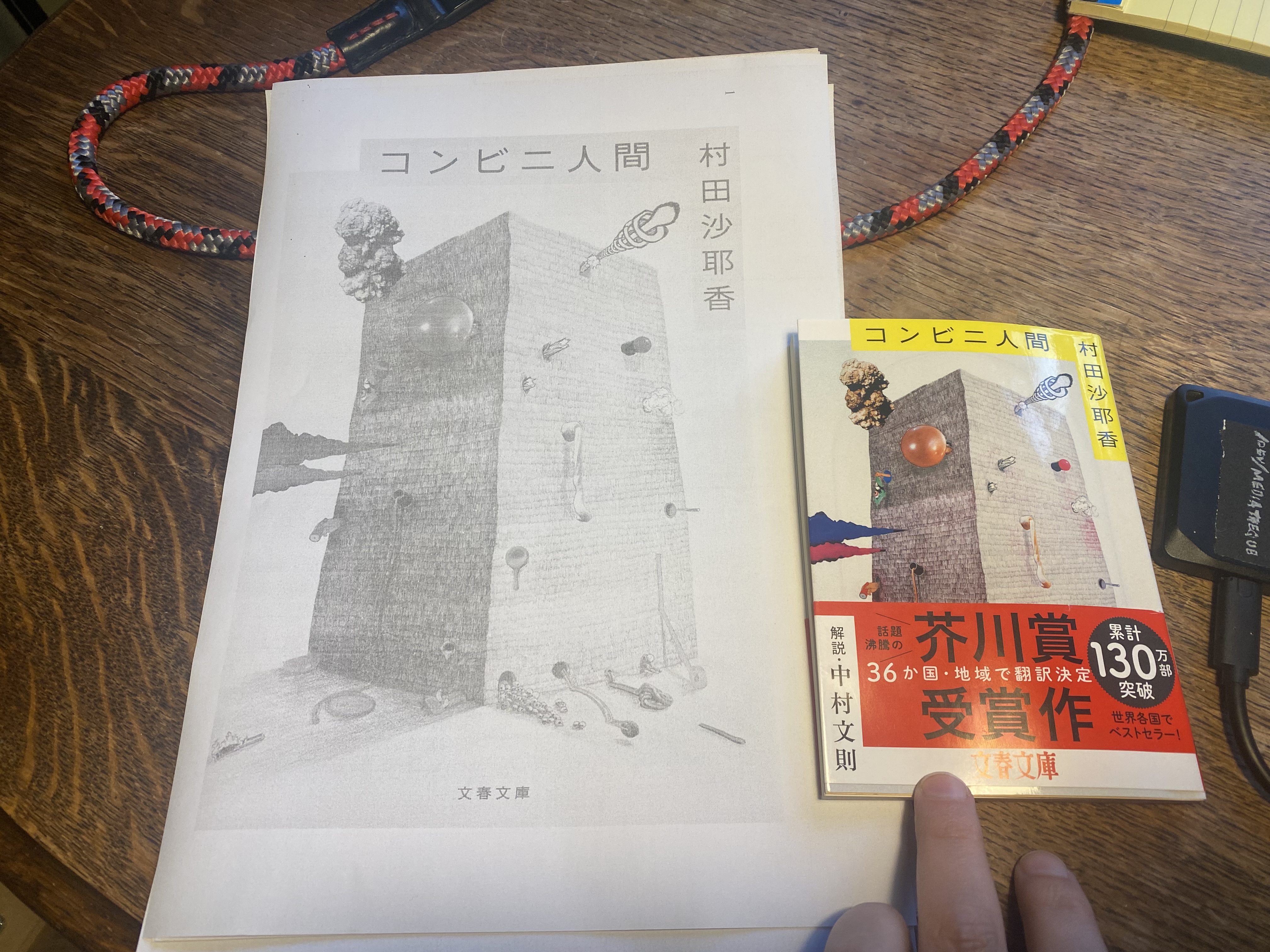New Years Break Photos
04 Jan 2026Best photos of the new years break.
As much a note to self as a blog post published for others’ benefit, but this is how I ingest photos, tag them, and cull them.
2025 was the second full year that I spent taking photos. It got me out of the house, calmed my mind, and introduced me to some new people. These are what I think are my best photos of the year.
I was listening to an episode of Worlds Beyond Number the other day, and I was surprised by how many dice rolls Brennan Lee Mulligan was calling for as they played. It was something like 5 rolls within a single “scene”, even within a single moment, and each roll lead into the other–a success felt hamstrung, and a failure felt soft. Overall they came together to tell a clear story of a moment of peril, but each one on its own felt inconsequential. Which is weird, because I usually come at rolls in games as if each one should matter deeply.
Mothership is a fantastic RPG, focused on horror science fiction. It comes with a starting adventure module called Another Bughunt that is more or less the movie Aliens. Most games are low-tech sci fi like Alien/Aliens, and characters are at constant risk of death. And while games like 5e make character death feel… bad… Mothership does it right.
You often hear about the “problem” of players in games like that one with 5 editions just bleeding tension by taking rests all the time. Which might not actually be a problem, but also, I do think it means there might be a missing mechanic that incentivizes riskier delving.
I’ve been using git worktree a lot more recently in my work, and I always find the commands verbose and, in the case
of creating worktrees for new or existing branches, frustrating in their parameter expectations. So I decided to do
something about it. I wrote gwt.

The covers side by side
Right now I’m reading 「コンビニ人間」 by 村田沙耶香 so I can both enjoy a very fun book (only like.. half a page in),
and improve my Japanese comprehension, vocabulary, and understanding of… conversational forms really. Unfortunately,
the copy of the book I have is bunkoubon, and in like, A6 size, so there is absolutely no space for me to add
furigana and translation notes in the margins… which is sort of necessary, since I barely have the reading
comprehension of a kindergartener. The solution I’ve found is to buy a copy of the Japanese ebook, open it up in
Calibre, fuck around with the layout (hurray for CSS!), and print my own hard copy.
I recently spent some time reorganizing my dotfiles so they can be more easily reused across environments. I
specifically wanted to avoid having to rebase the main branch into my work branch on a regular basis, and I also
wanted to ability to pull these into a private repository for work stuff so I could include private config more easily,
without exposing it to the outside world. AND… I also recently started tinking with a homelab server, and it’s running
NixOS, so most of the work ended up going into making sure these things work for standalone home-manager, as well as
NixOS.
I love my Steam Deck. I also love that it’s a full-on Linux computer. I also love the Trails series, and I’ve been playing them for ages. They usually include new-game bonuses if they can detect save or system data from the prior games in the series. But this detection relies on Windows’ “Saved Games” folder structure, which is emulated, but per-game in Proton/Steam Deck. Here’s how to get Trails into Reverie to detect your save data from the other games.